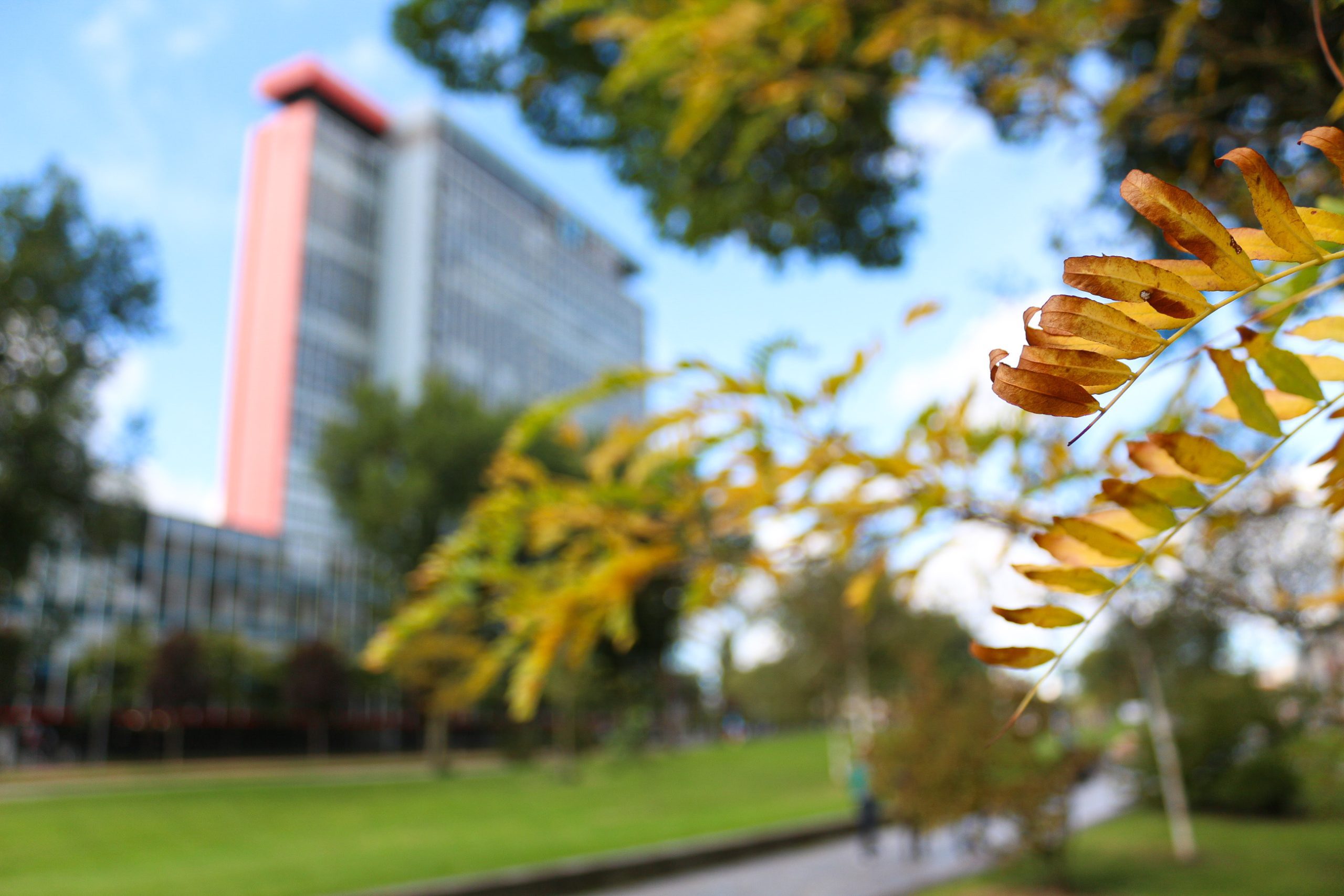The Dutch Research Council has awarded Vici grants worth up to 1.5 million euros to 22 researchers, including two from Delft. Due to corona, this happened later than intended.
The TU Delft Vici laureates are Prof. Dr. Gary Steele (AS) and Prof. Dr. Ir. Mark Veraar (EEMCS). (Photo: Justyna Botor)
The announcement brings the total number of Vici grants awarded in this round of research funding to 34. The first 12 researchers from the fields of applied technical sciences and health research and care innovation received their grants back in February. The pandemic then threw the NWO’s plans into disarray, delaying the announcement for Vici recipients in the fields of the exact and natural sciences, and the social sciences and humanities.
The grant will enable the researchers to fund their research project for five years. The projects acknowledged range from “the first steps of galaxies” to “the welfare state of tomorrow”.
TU Delft
According to Steele, combining quantum mechanics and gravity is a fundamental challenge in physics that cannot yet be captured in experiments. With his grant he wants to change this by developing ‘an experimental test of quantum mechanics under the influence of the general theory of relativity’, according to the NOW’s explanation. More specifically, Steele wants to explore the edges of quantum mechanics. Previously he used a tuning fork 0.1 micrometre thick and with an amplitude as small as a proton (10-15 metres). The question is whether such an object follows the laws of quantum physics.
In the coming years, Veraar will look at the ‘mathematical foundations for equations with noise’. Differential equations with noise are used for mathematical modelling of applications such as climate and brain models. According to Veraar, these are currently analytically misunderstood and therefore not efficiently solved. To change this, the researcher wants to provide new insights and methods ‘in the areas of solvability and long-term behaviour of these models’.
Awards percentage
The Vici grant is aimed at advanced researchers and is awarded by the NWO on an annual basis. A total of 306 applications were submitted for this round, 34 of which were awarded. Most of the applications came from men (65.7 percent) and this is reflected in the allocation: 24 Vici grants have gone to male candidates and 10 to female candidates. This represents a success rate of 11.9 percent for men and 9.5 percent for women.
In the field of health research and care innovation, none of the 23 female candidates feature among the six winners. NWO assures us that this is ‘’entirely coincidental’’. Two years ago, grants were awarded to six female candidates and not a single male in this field. The highest success rate is to be found in the applied technical sciences, where 15.8 percent of the applications came through the selection procedure. Grants in this field were awarded to two of the eight female candidates (25 percent).
HOP, Josefine van Enk/Delta, Saskia Bonger
Translation: Taalcentrum-VU
Do you have a question or comment about this article?
s.m.bonger@tudelft.nl


Comments are closed.